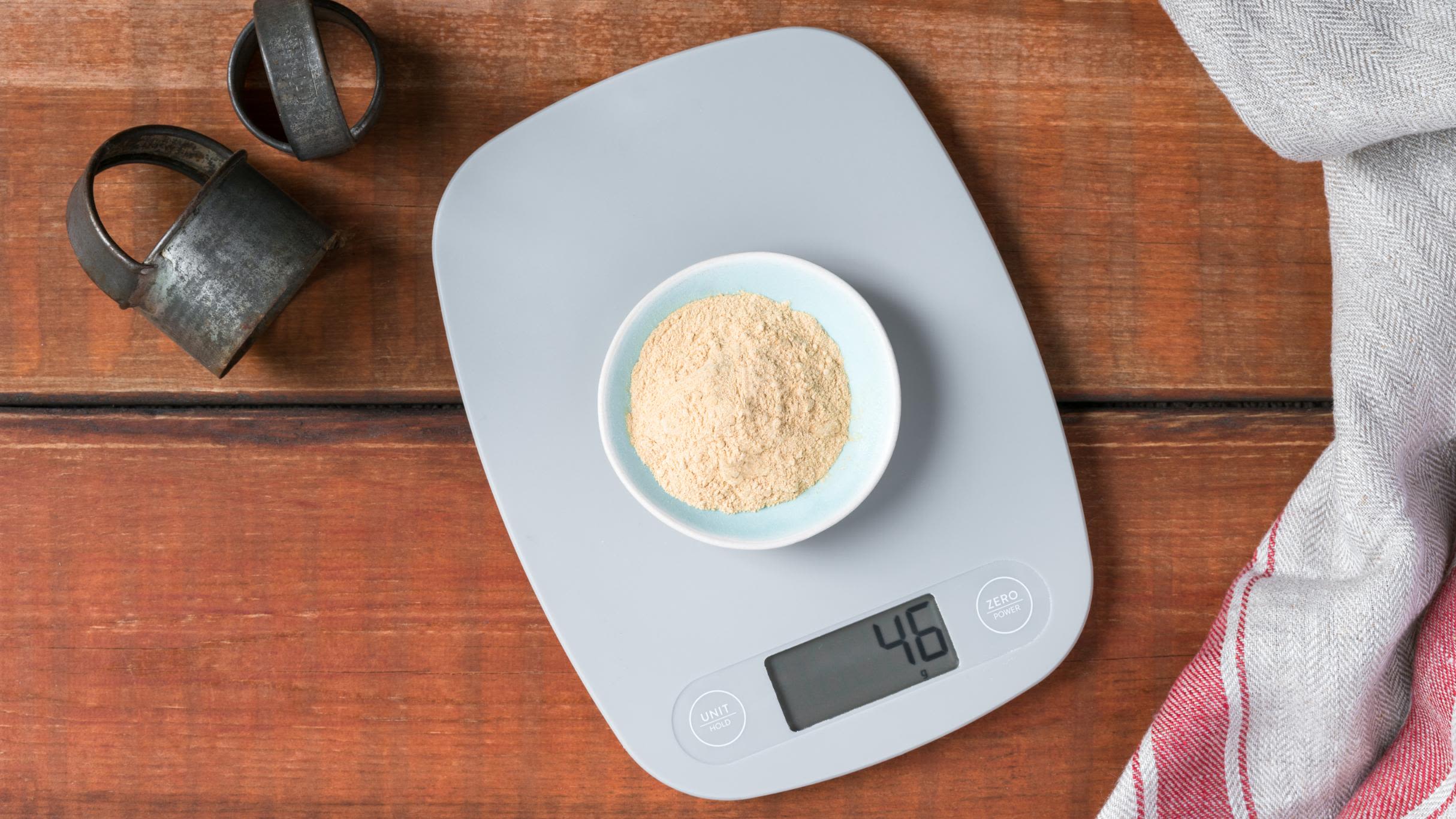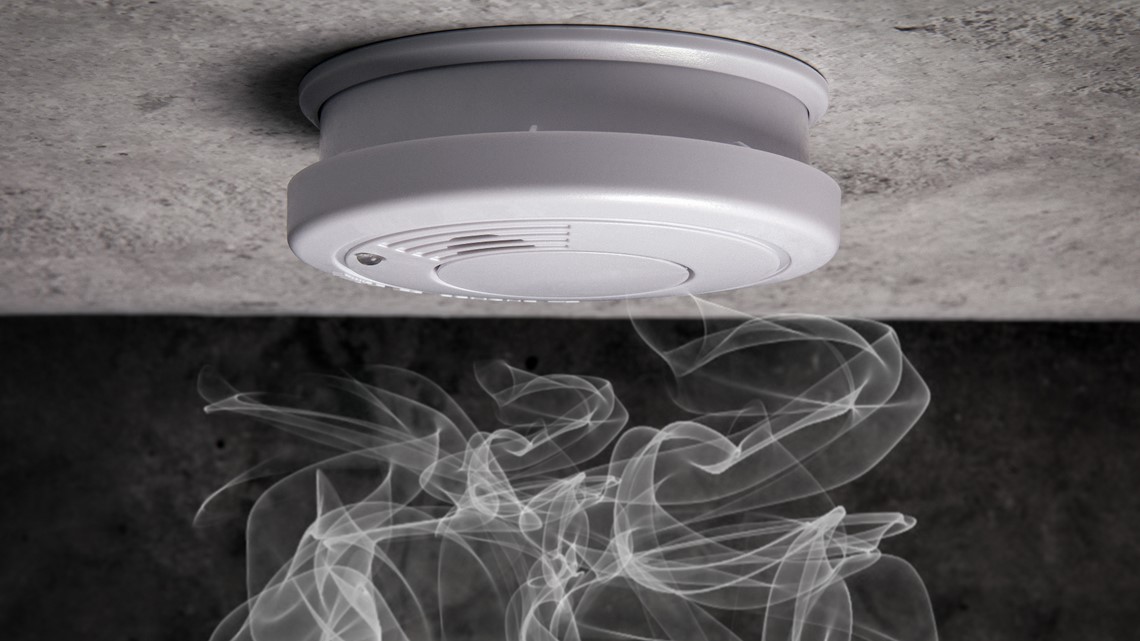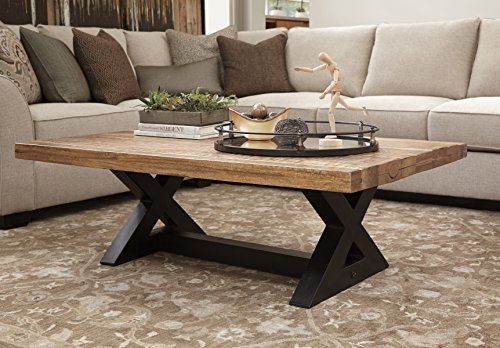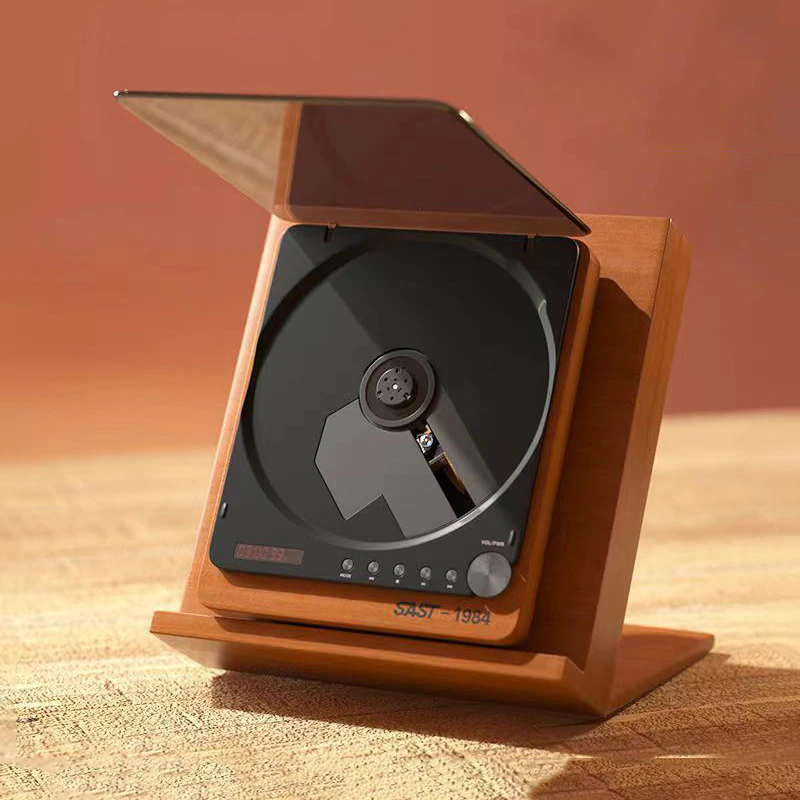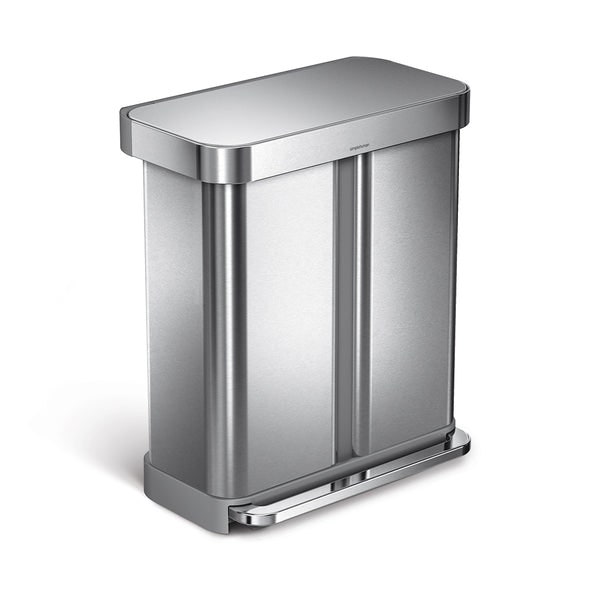Kitchen scales are an essential tool for every home cook. They provide a level of accuracy and precision that is unmatched, allowing you to achieve perfect measurements in your recipes. But kitchen scales offer more than just accurate measurements. They provide a sense of confidence and consistency in your cooking, ensuring that each dish is made with the same precision every time. Whether you’re a beginner or a seasoned chef, understanding the different types of kitchen scales and how to choose the right one for your culinary needs is crucial. From digital scales with advanced features to simple and reliable analog scales, there is a wide range of options available. In this article, we will explore the benefits of kitchen scales, the science behind their accuracy, and essential tips and tricks for using them effectively. So, let’s dive into the world of kitchen scales and discover how they can elevate your cooking skills.
Benefits of Kitchen Scales: Why Every Home Cook Needs One
Have you ever had a recipe turn out less than perfect because you didn’t measure the ingredients properly? If so, then a kitchen scale is a must-have tool for you. Kitchen scales offer a wide range of benefits that can greatly improve your cooking experience.
First and foremost, kitchen scales provide accuracy. Unlike using measuring cups or spoons, which can lead to inconsistent measurements, a scale allows you to weigh ingredients precisely. This accuracy is particularly crucial in baking, where even a slight variation in measurements can affect the final outcome of your delicious treats. With a kitchen scale, you can ensure that your measurements are always spot on, resulting in consistently amazing results.
Another advantage of using a kitchen scale is its ability to save you time and effort. Imagine having to measure out several cups of flour or sugar, leveling them off with a knife, and dealing with the mess it creates. With a scale, you can simply place your bowl on the scale, zero it out, and add your ingredients until you reach the desired weight. It’s quick, efficient, and eliminates the need for multiple measuring tools and extra cleanup.
Furthermore, kitchen scales promote consistency. When you follow a recipe by weighing ingredients, you can recreate the same dish multiple times, maintaining the original flavors and textures. This is especially important if you’re a home cook who loves experimenting with recipes, as you can confidently make adjustments and substitutions while still ensuring consistent results.
Lastly, kitchen scales open up a world of culinary possibilities. By using weights instead of volume, you can easily adapt recipes from different countries that rely on metric measurements. From delicate French pastries to authentic Italian pasta, with a kitchen scale, you can explore and conquer a wide array of international recipes without any conversion hassles.
[amazon bestseller=”Kitchen Scales” items=”10″]
Understanding Different Types of Kitchen Scales: A Comprehensive Guide
When it comes to kitchen scales, there are various types available on the market. Each type has its own unique features and purposes, catering to different cooking needs. Let’s explore some of the most common types of kitchen scales:
1. Digital Scales: These scales are the most popular choice for home cooks. They typically have an easy-to-read digital display and provide accurate measurements in various units, such as grams, ounces, or pounds. Digital scales also often come with a tare function, allowing you to zero out the weight of your container, making it easier to measure ingredients.
2. Mechanical Scales: Mechanical or analog scales use a spring mechanism and an indicator needle to display the weight. While they may not be as precise as digital scales, they are still reliable and work well for general cooking needs. Mechanical scales are a great choice for those who prefer a more traditional and simplistic approach.
3. Kitchen Scale with Bowl: Some kitchen scales come with a detachable bowl or platform. These scales offer the convenience of having a built-in container to hold your ingredients while weighing them. This feature can be particularly useful when measuring liquids or messy ingredients that might spill on a flat platform.
4. Precision Scales: Precision scales are designed for more specialized cooking tasks that require highly accurate measurements, such as espresso brewing or molecular gastronomy. These scales often have a higher weight capacity and can measure in extremely small increments, offering precise control over your culinary creations.
By understanding the different types of kitchen scales available, you can choose the one that best suits your cooking needs and preferences. Whether it’s a digital scale for everyday use or a precision scale for your gourmet experiments, having the right kitchen scale can elevate your cooking game to new heights.
How to Choose the Right Kitchen Scale for Your Culinary Needs
With a wide variety of kitchen scales available, it can be overwhelming to pick the right one for your cooking adventures. Here are some factors to consider before making your purchase:
Accuracy and Precision:
One of the most crucial aspects of a kitchen scale is its accuracy. Look for scales that have a high precision, measuring in small increments to ensure precise measurements. Additionally, consider scales with a tare function, which allows you to zero out the weight of your container for more accurate readings.
Weight Capacity:
Think about the types of ingredients you typically work with. If you often bake large batches or cook substantial cuts of meat, a scale with a higher weight capacity would be more suitable. On the other hand, if you primarily work with small quantities or require precise measurements, a scale with a lower weight capacity but higher precision may be a better choice.
Units of Measurement:
Consider the units of measurement that the scale offers. Most scales provide options like grams, ounces, and pounds, but some may also have metric-specific measurements. Ensure that the scale supports the units you commonly use or any specific units required for certain recipes you often prepare.
Ease of Use and Cleaning:
Look for scales with user-friendly interfaces and intuitive control buttons. A clear and easy-to-read display is also essential for hassle-free measurements. Additionally, consider the scale’s cleaning requirements. Some scales come with detachable platforms or bowls that are dishwasher-safe, making cleanup a breeze.
Design and Durability:
Choose a kitchen scale that fits your aesthetic preferences, considering factors like size, color options, and overall design. Moreover, look for scales made from durable materials that can withstand regular use and are resistant to stains or damage.
By taking these factors into account, you can find the perfect kitchen scale that aligns with your culinary needs and enhances your cooking experience.
The Science Behind Kitchen Scales: Accuracy and Precision Matters
Have you ever wondered why professional chefs stress the importance of using kitchen scales? The science behind kitchen scales lies in their ability to provide accurate and precise measurements, which can significantly impact the outcome of your culinary endeavors.
When it comes to cooking and baking, precision matters. Recipes are like scientific formulas, and any slight variation in the amounts of ingredients can result in a completely different taste or texture. Kitchen scales ensure that you achieve the desired balance of flavors and textures by measuring ingredients accurately.
Accuracy refers to how closely a measurement corresponds to the true value, while precision relates to the consistency and reproducibility of the measurements. Kitchen scales excel in both aspects, giving you reliable results every time. Unlike measuring cups or spoons, which can vary depending on how ingredients settle or how they are packed, kitchen scales leave little room for error.
The accuracy and precision of kitchen scales are particularly crucial in baking. Baking is often referred to as a science, and precise measurements are essential to achieve the perfect rise, texture, and crumb structure. A few grams more or less of flour or sugar can make the difference between a light and airy cake or a dense and stodgy one.
Moreover, accurate measurements provided by kitchen scales can help you make adjustments in recipes, especially when it comes to ingredient substitutions. For example, if a recipe calls for a cup of grated cheese, it can be challenging to determine the weight accurately. Using a scale allows you to substitute ingredients more confidently, knowing that you are using the correct amounts.
Kitchen scales are not just useful for baking. They also come in handy for everyday cooking, helping you maintain portion control and manage your diet effectively. Whether you’re tracking your calorie intake or following a specific dietary plan, a scale can ensure that you’re consuming the right portions and staying on track.
In conclusion, the science behind kitchen scales revolves around their accuracy and precision. By providing reliable measurements, kitchen scales play a critical role in achieving consistent and delicious results in your culinary creations. So, if you want to take your cooking to the next level, invest in a quality kitchen scale and unlock the full potential of your recipes.
Benefits of Kitchen Scales: Why Every Home Cook Needs One
Accurate and Precise Measurements for Perfect Results
Have you ever tried a recipe and wondered why your dish didn’t turn out as expected? One of the main reasons could be inaccurate measurements. Kitchen scales offer a solution to this problem by providing accurate and precise measurements of ingredients. Unlike measuring cups and spoons, which can vary in size, a kitchen scale ensures that you’re using the exact amount of each ingredient. This precision is crucial, especially when baking, where even a slight difference in measurements can affect the texture and taste of your final product.
Consistency in Recipes
Do you want to achieve consistent results in your recipes? Using a kitchen scale can help you maintain consistency by allowing you to measure ingredients with precision. This is particularly important when recreating your favorite dishes or following a specific dietary plan. With a kitchen scale, you can ensure that your dishes turn out the same each time you make them, impressing your family and friends with your culinary skills.
Portion Control and Health Benefits
Portion control plays a significant role in maintaining a healthy lifestyle. Kitchen scales can assist you in managing your portion sizes, ensuring that you don’t overeat or consume more than necessary. By accurately measuring your food, you can keep track of calorie intake and make informed choices about your nutrition. Whether you’re trying to lose weight or simply want to maintain a balanced diet, a kitchen scale can be a valuable tool in managing your portion sizes.
Understanding Different Types of Kitchen Scales: A Comprehensive Guide
Digital Kitchen Scales
Digital kitchen scales are among the most popular types of scales used by home cooks. They provide accurate and instant measurements with a clear display. These scales work by converting the weight of an object into an electronic signal, which is then displayed on a screen. Digital scales often include helpful features such as tare functionality, which allows you to subtract the weight of a container from the total weight of the ingredients.
Mechanical Kitchen Scales
Mechanical kitchen scales, also known as analog scales, are the traditional choice for many cooks. These scales operate using a spring mechanism that moves a needle to indicate the weight of an object. While mechanical scales may not offer the same level of precision as digital scales, they can still be highly accurate and reliable. Some cooks appreciate the simplicity and timeless design of mechanical kitchen scales.
Smart Kitchen Scales
In recent years, smart kitchen scales have emerged as a popular option for tech-savvy home cooks. These scales connect to your smartphone or tablet via Bluetooth or Wi-Fi and offer a range of features. They often come with companion apps that provide access to a vast database of recipes and offer the ability to track nutritional information. Smart kitchen scales can even guide you through the cooking process, providing step-by-step instructions and real-time measurements.
How to Choose the Right Kitchen Scale for Your Culinary Needs
Consider your Cooking Style and Needs
Before purchasing a kitchen scale, it’s essential to consider your cooking style and specific needs. Are you an avid baker? Do you frequently prepare elaborate dishes that require precise measurements? If so, a digital scale with high accuracy and a tare function may be the best choice. On the other hand, if you prefer a traditional and straightforward approach, a mechanical scale may perfectly suit your needs. Assessing your cooking habits will help you determine which type of kitchen scale is the right fit for you.
Capacity and Size
When selecting a kitchen scale, it’s crucial to consider its capacity and size. Think about the types of recipes you typically prepare and the quantity of ingredients you’ll be measuring. If you often cook large meals or bake in bulk, opt for a scale with a higher weight capacity. Additionally, consider the size of your kitchen and the available countertop space. Choose a scale that fits comfortably and doesn’t clutter your workspace.
Additional Features and Budget
While basic kitchen scales provide accurate measurements, some models offer additional features that can enhance your cooking experience. These features may include a timer, unit conversion options, or compatibility with smart devices. However, keep in mind that additional features often come with a higher price tag. Set a budget and prioritize features based on your needs and preferences.
The Science Behind Kitchen Scales: Accuracy and Precision Matters
Weight as a Fundamental Measurement
Weight is a fundamental measurement in cooking, especially when it comes to recipes that require exact proportions. Kitchen scales work on the principle of measuring weight accurately and precisely. By using a scale, you’re able to get an objective and consistent measurement of an ingredient’s mass. This allows you to achieve the desired balance of flavors and textures in your dishes.
The Importance of Accuracy in Baking
Baking, in particular, relies heavily on accurate measurements. Precise quantities of flour, sugar, and other ingredients are essential for achieving the desired texture and structure in baked goods. Kitchen scales provide the necessary accuracy to ensure that your cakes rise perfectly, your cookies maintain their chewiness, and your bread comes out with a perfect crumb. Say goodbye to dry or dense baked goods when you let a kitchen scale guide your measurements.
The Role of Precision in Cooking
Precision in cooking can make the difference between an ordinary and an extraordinary dish. By weighing ingredients with precision, you can achieve a balance of flavors and textures that elevate your culinary creations. From delicate sauces to complex marinades, the accuracy provided by a kitchen scale allows you to replicate recipes exactly as intended by the original chef. A pinch too much or too little of an ingredient can significantly impact the taste and overall success of a dish.
Remember, accuracy and precision matter when it comes to cooking. So, embrace the benefits of kitchen scales, explore different types, choose the right one for you, and let science guide your culinary adventures!
Conclusion
Kitchen scales have truly revolutionized the way we approach cooking and baking. From ensuring precise measurements to improving recipe consistency, these ingenious devices have become an essential tool in every home cook’s arsenal. By understanding the different types of kitchen scales available and choosing the right one for your culinary needs, you can enhance your cooking experience and create delectable dishes with ease. With the science behind kitchen scales emphasizing accuracy and precision, you can now cook with confidence, knowing that your measurements are spot on. Don’t forget to explore the advanced features of digital kitchen scales in this modern age, and remember to maintain and care for your kitchen scale to extend its lifespan. Embrace the benefits of kitchen scales and elevate your culinary skills to new heights.
Frequently Asked Questions
1. Why should I use a kitchen scale instead of measuring cups?
Kitchen scales provide precise measurements in grams or ounces, offering greater accuracy compared to measuring cups. This is especially helpful for baking recipes, where precision matters. Moreover, scales allow you to use a single container for multiple ingredients, minimizing the mess and cleaning effort.
2. Can I use a kitchen scale to weigh liquids?
Certainly! Many kitchen scales have a “tare” feature that allows you to reset the weight to zero after placing a container on the scale. This means you can measure liquids by simply pouring them directly into the container on the scale, without needing to dirty additional measuring cups or spoons.
3. How do I calibrate my kitchen scale?
Calibrating a kitchen scale depends on the model, so it’s essential to refer to the manufacturer’s instructions. However, most digital scales can be calibrated by simply placing a known weight (e.g., a 500g weight) onto the scale and adjusting it until it displays the correct weight. If in doubt, contacting the manufacturer or referring to the user manual is the best course of action.
4. Are kitchen scales expensive?
Not at all! The price range for kitchen scales can vary, but there are plenty of affordable options available. Basic analog scales start at around $10, while digital scales with additional features may cost between $15 and $30. Investing in a reliable kitchen scale is a small price to pay for the convenience and accuracy it offers.
5. Can a kitchen scale help with portion control and healthy eating?
Absolutely! Using a kitchen scale to weigh your food can be extremely beneficial when it comes to portion control and maintaining a healthy diet. It allows you to accurately measure serving sizes, helping you stick to recommended portions and avoid overeating. By gaining a better understanding of portion sizes, you can make healthier food choices and achieve your nutrition goals more effectively.

